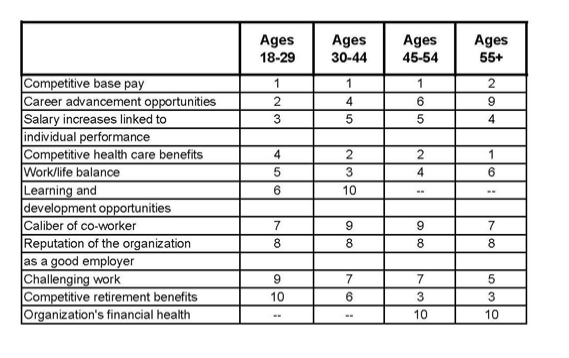August 31, 2007
Being Qualified
A strong candidate is going to ask strong qualifying questions. I mentioned earlier today a good qualifying and influencing move by one of our candidates interviewing at one of our clients. Another strong qualifying position is for the candidate to ask about a company’s financial situation.
The candidate who wants to know about a company’s financial situation should not be off-putting to a hiring manager. Interestingly enough, I have seen this happen in mid-sized, private companies. Public companies are easily researched and smaller companies seem to be less concerned about this question. But hiring managers at these mid-sized companies seem to bristle, at times, with these qualifying questions.
They are good questions – ones you would expect this salesperson to pursue in qualifying a prospect for your company.
A sales candidate who qualifies this information is often looking at the position in a higher-level manner than one who does not. It is a strategic move. If your company is privately held, it is wise of the candidate to seek this understanding.
The level to which you want to answer those questions is obviously up to you. If you have a strong candidate, I would strongly encourage you to be as forthright as possible and observe how the candidate uses this information in the interview.








